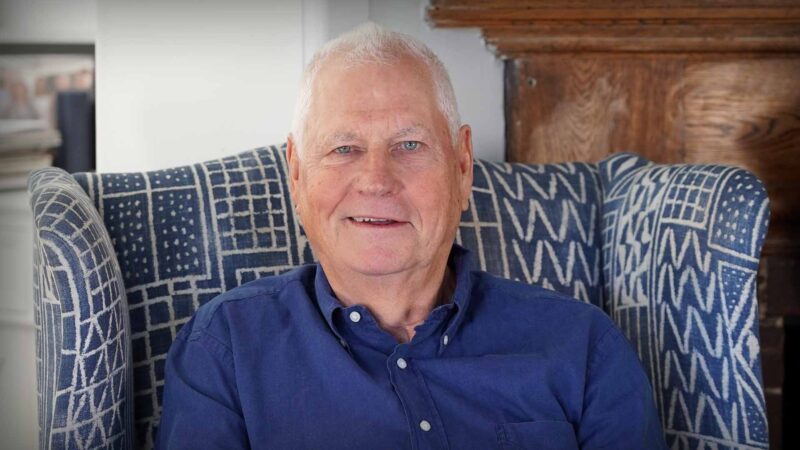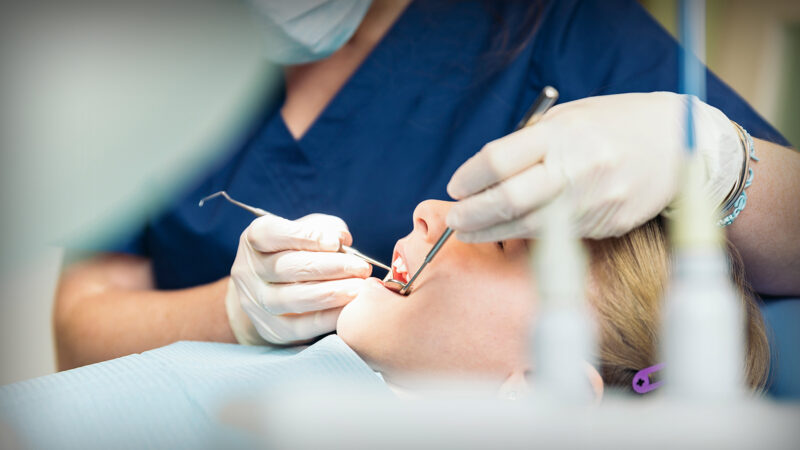Next week’s WONCA global conference in Sydney is an important event for GPs Worldwide to gather and share knowledge, particularly regarding primary care practices in different countries, and to address challenges in workforce and funding in healthcare systems.
Over 3000 delegates from around the World will gather at the 50th celebration of WONCA to reconnect and revive General Practice, sharing knowledge and learnings on access, equity, funding, and multidisciplinary care teams. This includes networking with Australian and overseas GPs and in particular learning about primary care practices in other countries.
The WONCA 2023 World Conference in Sydney is hosted by The Royal Australian College of General Practitioners (RACGP) . RACGP is the voice of general practitioners (GPs) across cities and throughout rural and remote Australia. For more than 60 years, the organisation has supported the backbone of Australia’s health system by setting the standards for education and practice and advocating for better health and wellbeing for all Australians.
Australian Health Journal met with Dr Nicole Higgins, President of RACGP in transit at Brisbane Airport recently and she spoke about the $6 Billion allocated in the Federal Budget in May as a significant achievement for General Practice investment. She also emphasised this announcement reinforced GPs should be at the centre of multidisciplinary care teams to ensure continuity of care and better health outcomes.
Dr Higgins also spoke about the new Commonwealth Government led Scope of Practice review being crucial for General Practice to address the challenges of workforce and funding in the primary healthcare system.
Dr Higgins describes WONCA as the FIFA World Cup of General Practice! And that Australian doctors are excited about the upcoming WONCA conference being held at the Sydney ICC between the 26th to 29th of October. The same conference will include GP23 as the RACGP yearly gathering of Australian GPs.
About WONCA
WONCA is an acronym comprising of the first five initials of the World Organisation of National Colleges, Academies and Academic Associations of General Practitioners/Family Physicians. WONCA’s short name is World Organisation of Family Doctors. It is a not-for-profit organisation with 132 member organisations in 110 countries and territories, with membership of around 500,000.
WONCA represents and advocates for its constituent members at an international level where it interacts with world bodies such as the World Health Organization (WHO).
You Might also like
-
Jamie Stanistreet talks Medical Technology
Jamie Stanistreet
Retired Managing Director Medtronic Australia and New Zealand
talks Medical Technology in Australia and the Asia-Pacific -
Intervention in hearing loss for patients
In her role as an audiologist and trainer, Lauren McNee emphasises the urgency of addressing sudden hearing loss, highlighting the time-sensitive nature of available treatment options. She advises healthcare professionals, including GPs, pharmacists, primary care nurses and specialists, to remain vigilant for subtle signs of hearing loss in their patients. Such signs may include difficulty following prescription guidelines, miscommunication during conversations, or non-verbal cues like a tilt of the head or asking for repetitions.
-
Child Dental Benefits Schedule needing greater awareness
Since its launch in 2014, the Child Dental Benefits Schedule has seen a gradual increase in participation year on year. The impact of COVID-19 and related shutdowns saw participation fall sharply in 2020. Though it increased 2021, the national target of 41% participation was not reached in 2021-2022, with the total (35.4%) more than three percent below 2018 participation rates.
In an opinion segment, Australian Health Journal spoke with Abano Healthcare Group Clinical Director, Dr Fred Calavassy, with over 30 years of clinical experience, about his observations of the Child Dental Benefits Scheme ways to increasing participation rates.



